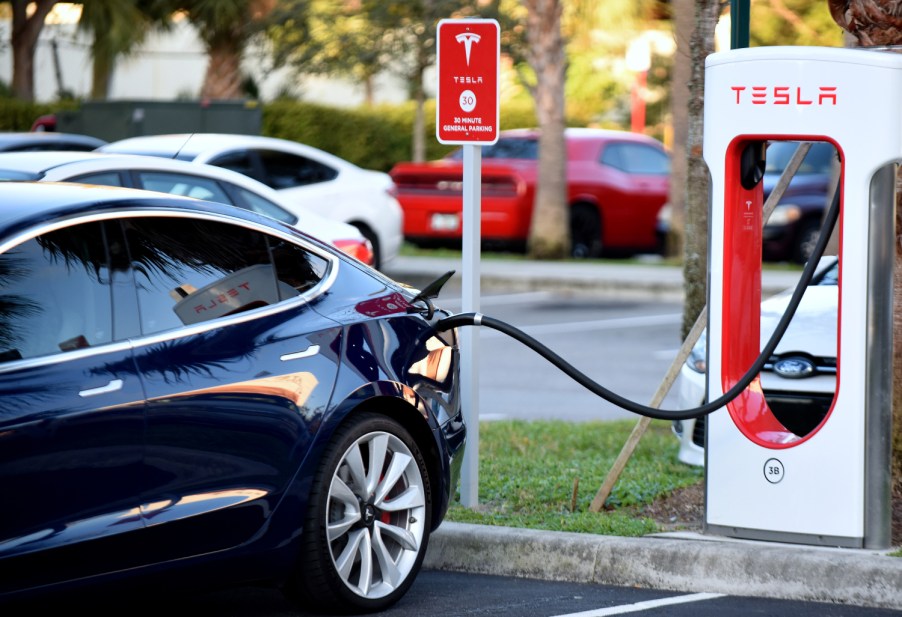
Washington State Bans Gas-Powered Cars In 2030
Beating California at its own emissions quest Washington State legislature just passed a bill to ban the sale of gas-powered vehicles by 2030. It joins California, New Jersey, and Massachusetts in banning ICE vehicles, though these three states placed their bans at 2035. So that puts Washington as the first state to see the ban pushing electric vehicles. Also, the ban was done legislatively as opposed to by executive order as is the case with the other states.
The gas-powered ban is called the “Clean Cars 2030” act
As part of this bill, a larger package was passed directing utilities to ramp up preparations for higher demand from transportation use. The bill is called by the catchy “Clean Cars 2030” title. It was passed on to Governor Jay Inslee for signing into law.

Registration of any non-electric vehicle made after 2030 is banned. Even those coming from out of state. While it specifies electric-only, the accepted vehicles don’t need to be battery-powered. They can be powered by fuel cells like hydrogen since these systems still use an electric motor to propel the vehicle.
The legislature wants to apply road usage fees based on miles traveled
A caveat to the bill is a clause over road usage and vehicle miles traveled charges. The legislature is looking at applying a road usage fee based on miles traveled. Larger vehicles would be charged proportionally more under this plan. The 2030 ICE ban could only take effect if 75% of vehicles in Washington are covered by the charge.
This is Washington’s way of replacing its gas tax to continue the goal of paying for road and infrastructure repairs. The state says that road usage fees are a more equitable way to tax vehicles than through gas usage. That is because more economical vehicles travel more miles for the same tax.
Gas taxes have been a major concern for states contemplating a ban on ICE vehicles into the future. As more EVs are sold certain fossil fuel groups have blamed poor infrastructure conditions on increased EV usage. But what isn’t being discussed is that gas taxes for the most part haven’t been raised in decades in many states. Environmentalists have argued for years that road usage fees should be separate from actual pollution generation.

California is where half of all EVs in the US are sold
It is surprising that Washington has set a target ban five years sooner than California. The state of California is where half of all EVs in the US are sold. So it is the home of the EV movement. It is also home (as of now) to Tesla, which manufactures more EVs than any other company.
European countries are also moving toward 2030 or 2035 as targets for banning ICE vehicles. And we know that the Biden administration wants to jumpstart EV sales nationwide. The president has an aggressive agenda doubling down on C02 emissions as we rejoin the Paris Accord aimed at global warming.
Something to keep in mind is that as EVs become adopted in ever-increasing numbers ICE-powered vehicle values will see ever-decreasing numbers. And if you live in Washington the ban will take place in less than nine years. Though ICE vehicles will be grandfathered into the ban, the stigma of driving them will force a quicker depreciation. The clock is ticking.



